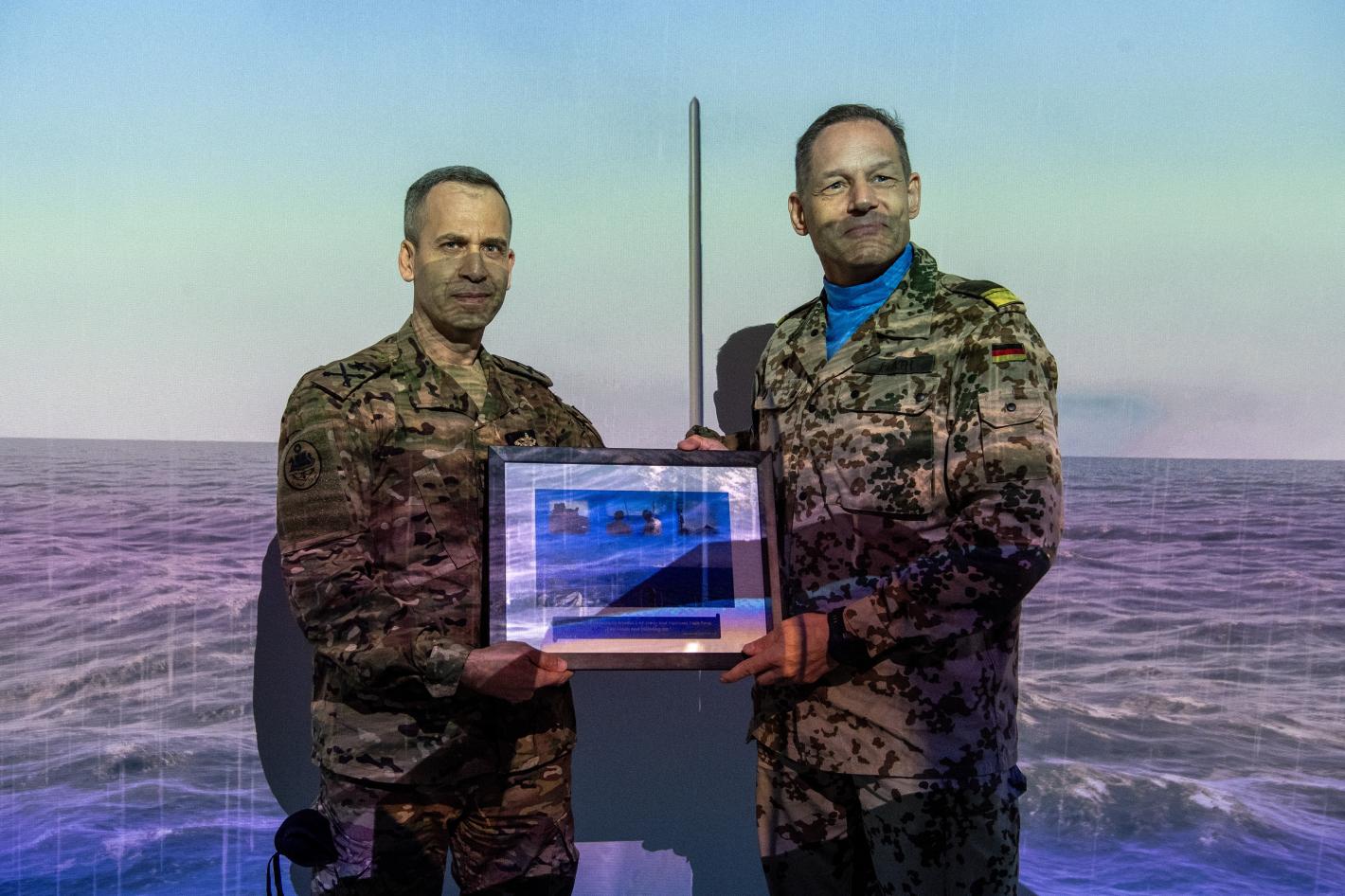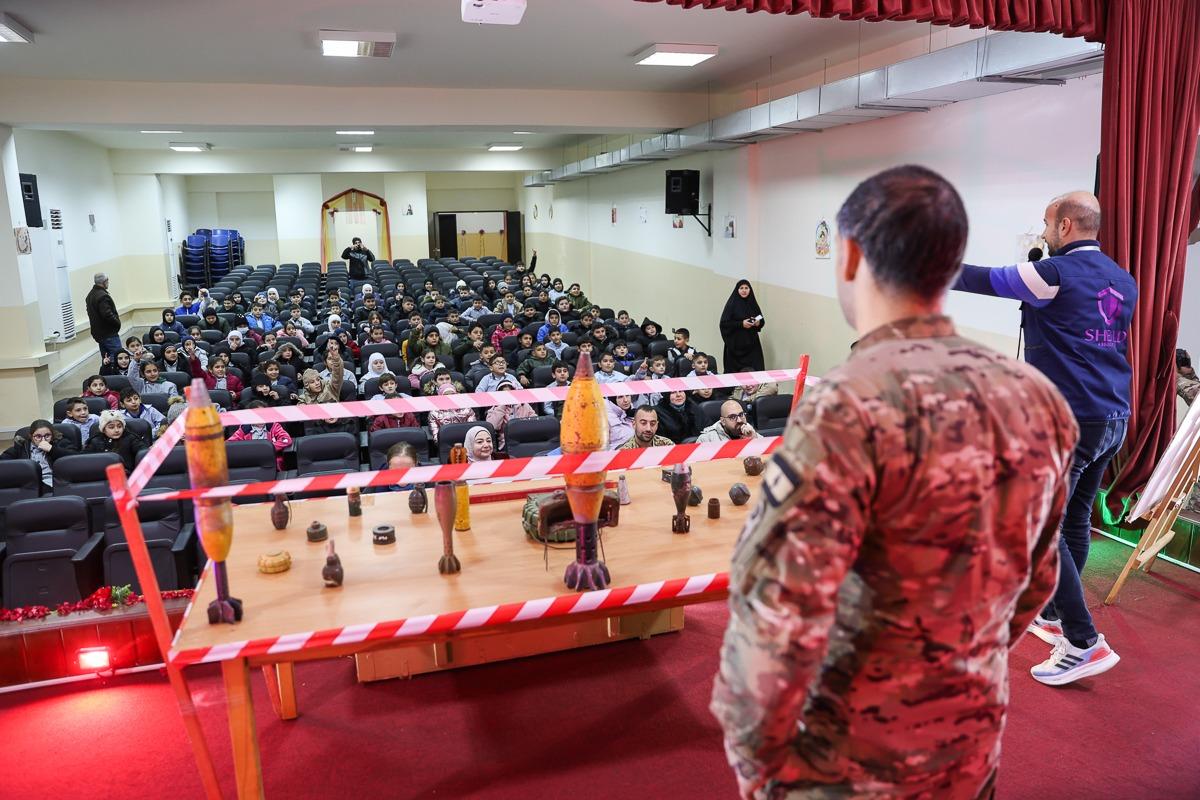The outgoing head of UNIFIL, Major-General Luciano Portolano, has stressed the importance of continuing close engagement and relations with the local population and the authorities for successful implementation of the UN Mission’s mandate.
“Operationally I define the relationship with the local population as my center of gravity,” he said in a recent interview. “It means an element that, if it exists, might lead to success; if it doesn’t exist it will lead, for sure, to complete disruption of the Mission.”
Major-General Portolano added: “So the link between the UNIFIL members and the local population is the most important element I recommend for the future leadership to take into consideration.”
The Italian General is leaving UNIFIL next week after leading the UN peacekeeping operation for two years. The UNIFIL Head of Mission and Force Commander is handing over the command to Major-General Michael Beary of Ireland.
Major-General Portolano has had extensive experience with multinational operations, having served as a commander of the International Security Assistance Force (ISAF), as well as in Iraq, Kosovo, and the Former Yugoslav Republic of Macedonia. With the United Nations, he served as a Military Observer in the Iraq-Kuwait Observation Mission and the Iran-Iraq Observation Group. He was also Military Attaché at the Italian Embassy in the United Kingdom and he served as the Deputy Chief of Staff for Joint Operations in the Italian Armed Forces.
In his final interview to UNIFIL media, Major-General Portolano listed a wide range of accomplishments achieved during his two years at the helm of the UN peacekeeping mission, commanding more than 10,500 troops from 40 countries and nearly 1,000 civilian personnel.
“I arrived here in UNIFIL area of responsibility on the 24 of July 2014 when the war in Syria was ongoing and all the region was characterized by very heavy destabilization,” he said. “So the major highlight I think is that in the two years I was responsible for leading this fantastic UNIFIL mission as the Head of Mission and Force Commander was to maintain the southern part of Lebanon, which is our area of responsibility and our maritime area of responsibility, as one of the most stable areas - not only in Lebanon but in all the Middle East.”
But the role was not without challenges. The outgoing UNIFIL Force Commander contextualized these and also explained how the Mission was able to maintain a notable calm.
“The challenges were all the possible spillovers from the situation in the region and all the spillover from the Syrian conflict in terms of refugees and in terms of possible sleeping cells, and maintaining the integrity of the Blue Line when there was a strong tension between the parties. The solution was a little bit more complex, because in the south we have two Lebanese Armed Forces brigades deployed in order to maintain stability so we had to enforce the presence of UNIFIL on the ground. So we passed from an average of 250 operational activities per day to an average of 400 and sometimes even 500 operational activities per day on the ground, in the air and at sea.”
----------------------------------------------------------------
Article: Aoibheann O'Sullivan, Tilak Pokharel
Video Editor: Aoibheann O'Sullivan, Suzane Badereddine
Video Camera: Mohamad Hamze, Aoibheann O'Sullivan
Photo: Pascual Gorriz Marcos
----------------------------------------------------------------






